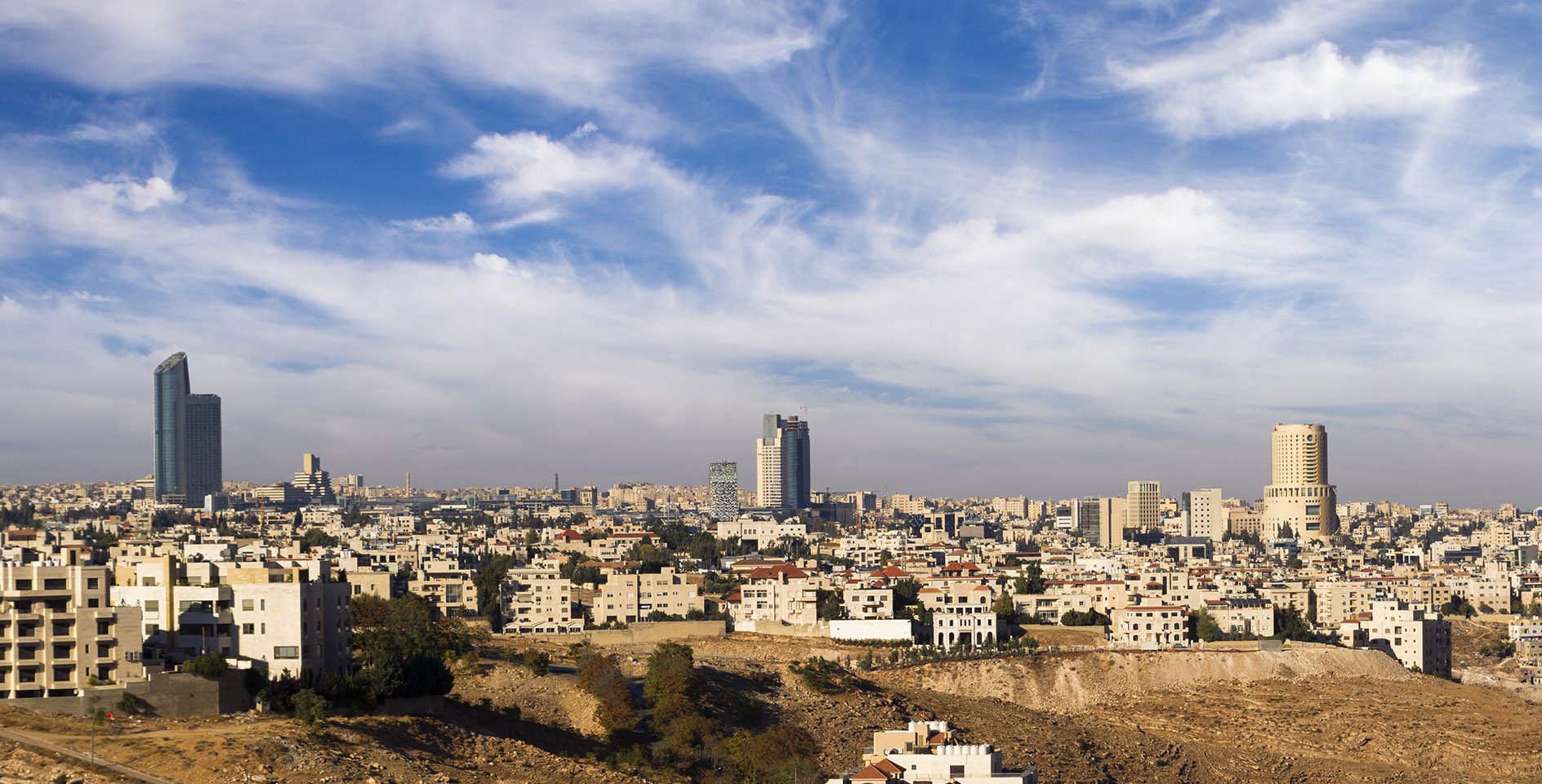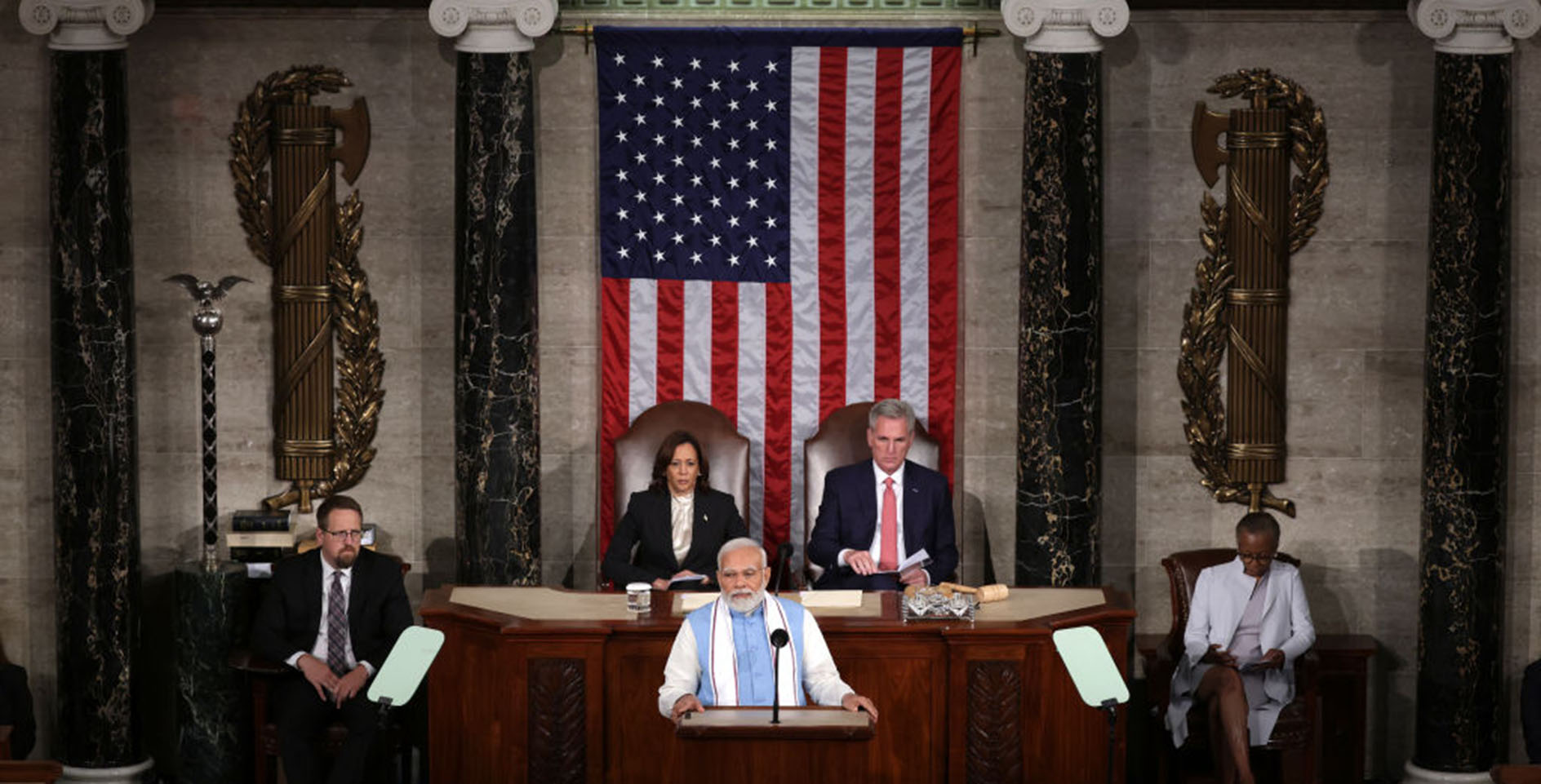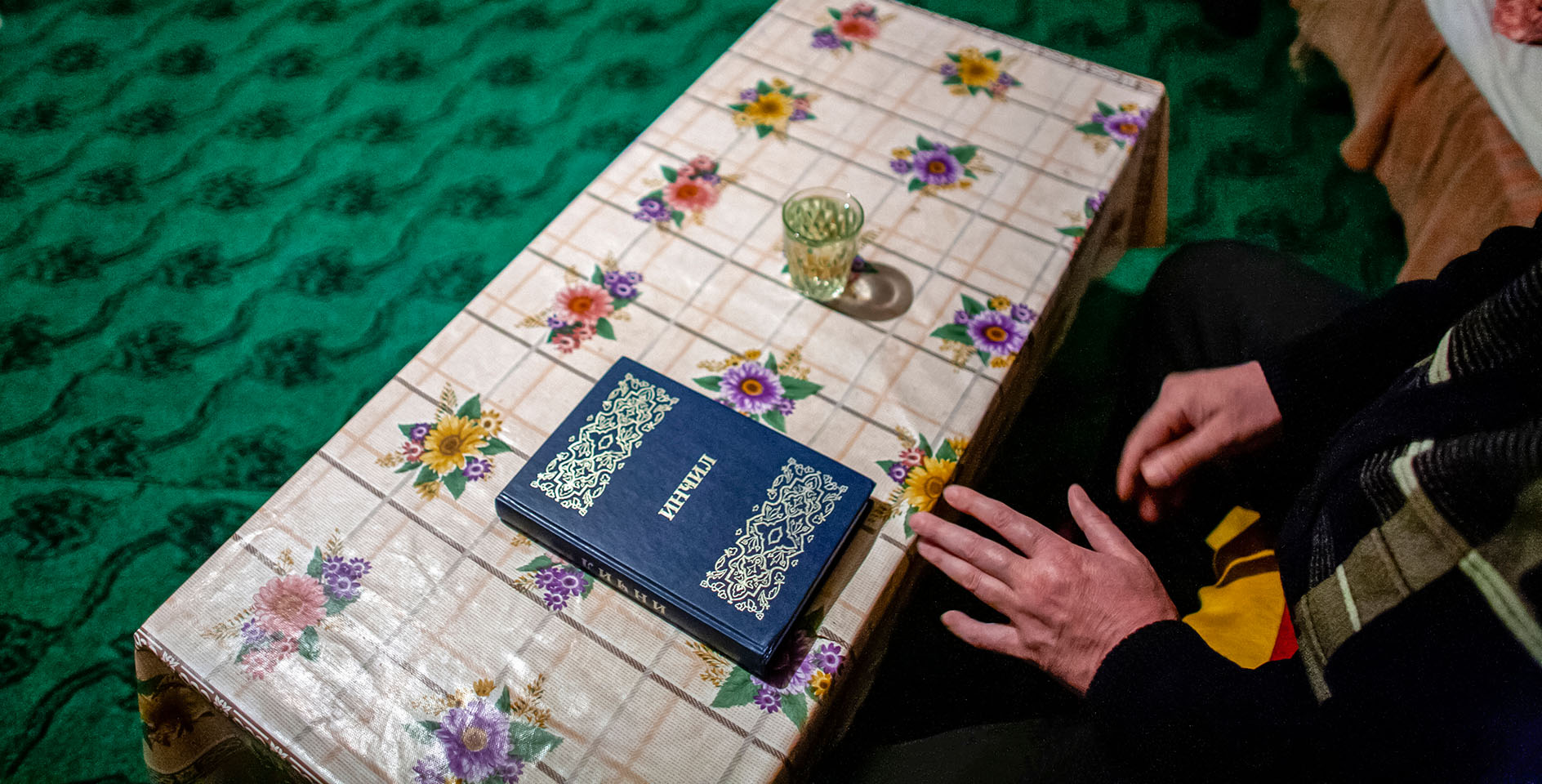“Truly, I say to you, there is no one who has left house or brothers or sisters or mother or father or children or lands, for my sake and the Gospel, who will not receive a hundredfold now in this time . . . and in the age to come eternal life” (Mark 10:29-30).
Located in the promised land and in a modern home for hundreds of thousands of refugees, Jordan has always been an area of world significance. Jordan is full of biblical landmarks, such as Mount Nebo, where Moses looked upon the promised land, and Machaerus, where John the Baptist was imprisoned and executed. Many early Christians settled in Jordan following the dispersion in the book of Acts. Thus, the Bible and Christianity are no strangers to the nation of Jordan.
In spite of the historic biblical background of Jordan, the Christian population remains remarkably low. About 2.4 percent of Jordan identify as Christian, significantly lower than the 1930 Christian population of 20 percent. Multiple factors are behind this downward trend, including the high Muslim immigration rates into Jordan, along with high birth rates, and high emigration rates of Christians to the West. Islam is the dominant religion, with over 95 percent of Jordan’s population identifying as Muslim.
The general Christian population enjoys substantial freedoms relative to other Middle Eastern countries. King Abdullah II, a Muslim considered to be a friend of Christians, has stated that protecting Christians in Jordan is one of his duties. He acknowledged that “Arab Christians are an integral part of [Jordan’s] past, present, and future.” Christians are allowed to have their own ecclesiastical courts and are able to get time off work to attend worship services on Sundays.
Believers from a Muslim background
Despite the general Christian freedoms, Christians are restricted from evangelizing Muslims. In fact, the main source of persecution for the church in Jordan is often directed at believers from a Muslim background (labeled BMBs).
In Jordan, one’s religious affiliation is listed on their government identification documents (such as one’s birth certificate). Converting from Islam to another faith is not technically allowed, and this has led to a large population of BMBs who practice their faith in secret. A recent estimate shows that there are 6,500 BMBs in Jordan. These BMBs face significant pressure from their Muslim families, who often believe that converting from Islam to another faith is an attack on their family’s honor. In many instances, BMBs run the risk of being cut off from their families. Furthermore, BMBs often face harassment from the government and are in danger of losing some of their rights.
Opportunities with refugees
On a positive note, Jordanian Christians have been presented with a unique opportunity to share the gospel to hundreds of thousands of refugees fleeing political turmoil and terrorism from other Middle Eastern countries, mostly from Syria and Iraq. Many of these refugees have never heard the gospel before, and there is a good chance many of them would be open to it should Christians engage them with love, compassion, and truth to answer their deepest questions.
Prayer points
- That God would use King Abdullah II to continue to push for religious freedoms in Jordan.
- That BMBs would be empowered to share the gospel with their family and friends, regardless of persecution they might face as a result.
- That Jordanian Christians would be salt and light to refugee families, almost all of whom have faced incredibly difficult circumstances and have deep questions about the meaning of life.









